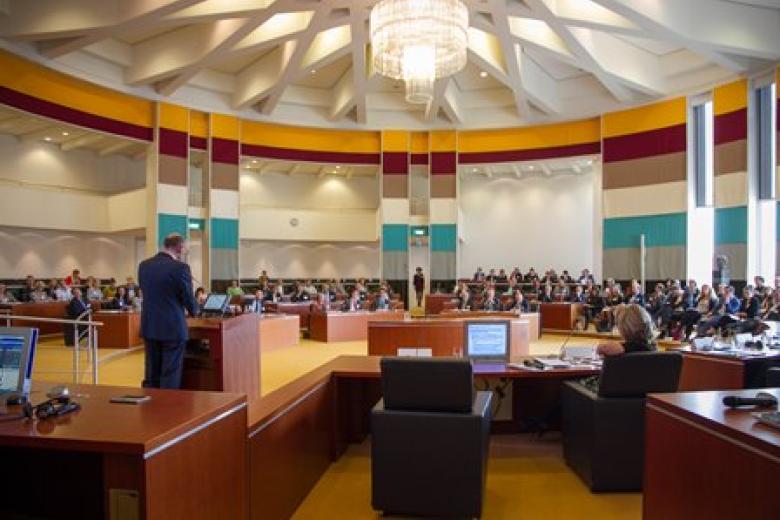ITEM starts feasibility study ‘cross-border professional recognition card’.
Interestingly, ITEM research in the annual cross border impact assessment 2016 shows that legal bottlenecks are not at the root of the obstacles related to all issues. From the analysis of the recognition of professional qualifications, it appears that a number of practical matters can be a source of obstacles. The studied countries/federal states do not always provide the most advantageous solution for the cross-border worker. The fact that some authorities only accept documents in one language is an example of this, as well as the complexity that can exist in identifying the right competent authority and the uncertainty surrounding the amount of procedural costs. Multilingual documents and a more streamlined provision of information could contribute to a more flexible process for the recognition of professional qualifications.
A more flexible and fast recognition process is particularly beneficial for frontier workers. Especially in border regions, employers will not always be prepared to wait a certain period of time until a frontier worker has obtained recognition when they also have the possibility to hire someone with a national qualification who does not need recognition. In order to come to a procedure that is suitable for the cross-border labour market there is a need for a different tool than the ones existing for the transnational labour market. Frontier workers need to be able to get to work quickly across the border. The benchmark should be, that it should be possible to start working across the border directly.
Therefore, ITEM is announcing its intention to carry out a feasibility study about creating a “cross-border professional recognition card”. The final “cross-border professional recognition card” would be a tool developed to speed up and facilitate recognition procedures, especially for border regions. The feasibility study will specifically investigate the possibilities for the Benelux and North Rhine-Westphalia (border) regions. This is especially interesting for Limburg, a province with relatively many foreign borders.
About ITEM
The Institute for Transnational and Euregional cross border cooperation and Mobility / ITEM is the hub of scientific research, counselling, knowledge exchange and training activities concerning cross-border cooperation and mobility. ITEM is an initiative of Maastricht University (UM), NEIMED (a Dutch centre of expertise on demographic changes), Zuyd University of Applied Sciences, the municipality of Maastricht, the Euregion Meuse-Rhine (EMR) and the Province of Limburg (NL).
Also read
-
ITEM publishes effects for border regions in first cross-border impact assessment
The Institute for Transnational and Euregional cross border cooperation and Mobility / ITEM, established in 2015, has the important objective to identify the effects of laws and regulations for border regions. Therefore ITEM launched its Cross-border impact assessment in 2016. The results of this...
